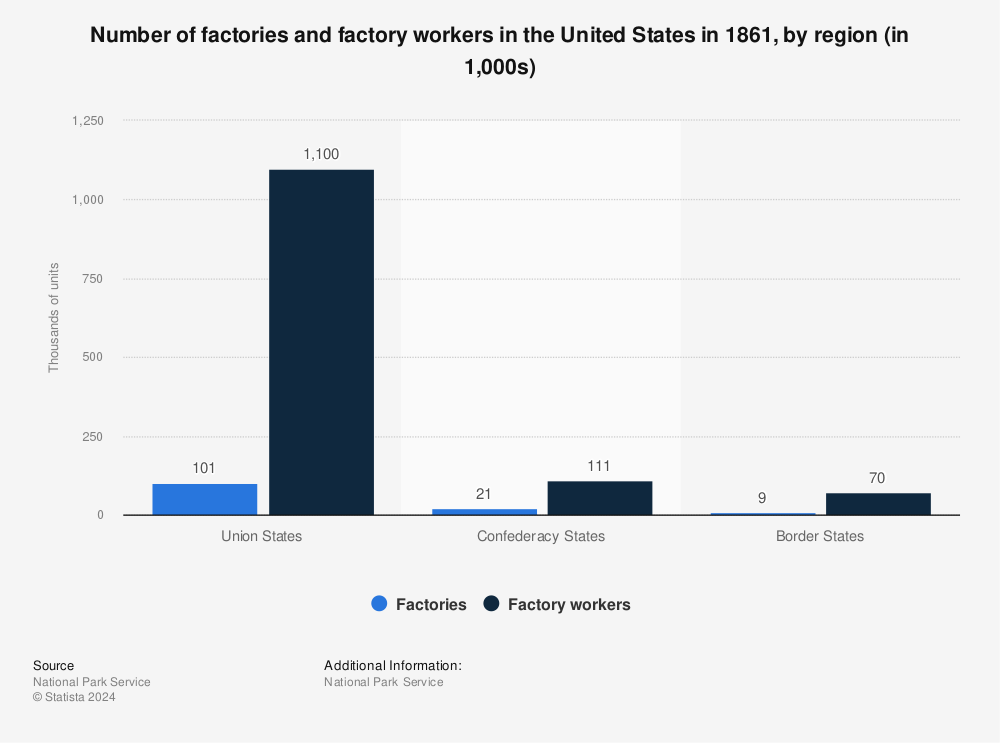
Powering the Economy: The Role of United States Factories
American factories are the backbone of the nation’s economy, driving innovation, creating jobs, and contributing significantly to the country’s economic prowess. Let’s delve into the diverse landscape of United States factories and their impact on various sectors.
Diversity in Manufacturing: A Multifaceted Landscape
United States factories span a wide range of industries, from automotive and aerospace to electronics and textiles. This diversity is a testament to the nation’s ability to adapt and thrive in various manufacturing sectors. Each industry plays a unique role in the economy, contributing to the overall growth and stability of the nation.
Job Creation and Economic Impact
One of the primary contributions of United States factories is job creation. Factories provide employment opportunities for millions of Americans, supporting families and communities across the country. Moreover, the economic impact extends beyond the factory walls, influencing related sectors such as transportation, logistics, and local businesses.
Innovation Hubs: The Birthplaces of Progress
Factories in the United States serve as hotbeds for innovation. These hubs of creativity and technological advancement drive the development of new products and processes. Whether it’s the production of cutting-edge electronics or the manufacturing of sustainable materials, American factories are at the forefront of pushing the boundaries of what is possible.
Challenges and Adaptations in the 21st Century
In the ever-evolving global landscape, United States factories face challenges such as increased competition, technological disruptions, and global supply chain complexities. However, resilience and adaptability have been key factors in overcoming these challenges. Many factories are embracing automation, sustainable practices, and digital technologies to stay competitive and relevant.
Sustainable Manufacturing: Paving the Way for the Future
As environmental concerns take center stage, United States factories are increasingly adopting sustainable practices. From energy-efficient production methods to the use of eco-friendly materials, the manufacturing sector is playing a vital role in promoting a greener and more sustainable future.
Technology Integration: Industry 4.0 in Action
The fourth industrial revolution, often referred to as Industry 4.0, is reshaping the manufacturing landscape. United States factories are integrating smart technologies, data analytics, and artificial intelligence to enhance efficiency, reduce waste, and improve overall productivity. This technological revolution is propelling the industry into a new era of advanced manufacturing.
Reshoring Initiatives: Bringing Production Back Home
In recent years, there has been a growing trend of reshoring – bringing manufacturing processes back to the United States. This shift is driven by factors like quality control, proximity to consumers, and a desire to support the domestic economy. United States factories are at the forefront of this movement, contributing to a renewed focus on local production.
Global Supply Chain Dynamics: Navigating Challenges
United States factories are intricately connected to global supply chains. While this interconnectedness brings opportunities for collaboration and market expansion, it also exposes the industry to external shocks. Recent events have highlighted the importance of resilient supply chains, prompting a reassessment of strategies to mitigate risks and disruptions.
United States Factories: Catalysts for Economic Resilience
In conclusion, United States factories play a pivotal role in shaping the nation’s economic landscape. As hubs of innovation, employment generators, and drivers of technological progress, these factories contribute significantly to the country’s economic resilience. To explore more about the impact and evolution of United States factories, visit United States Factories, where you can find in-depth analyses and insights into this dynamic sector.


